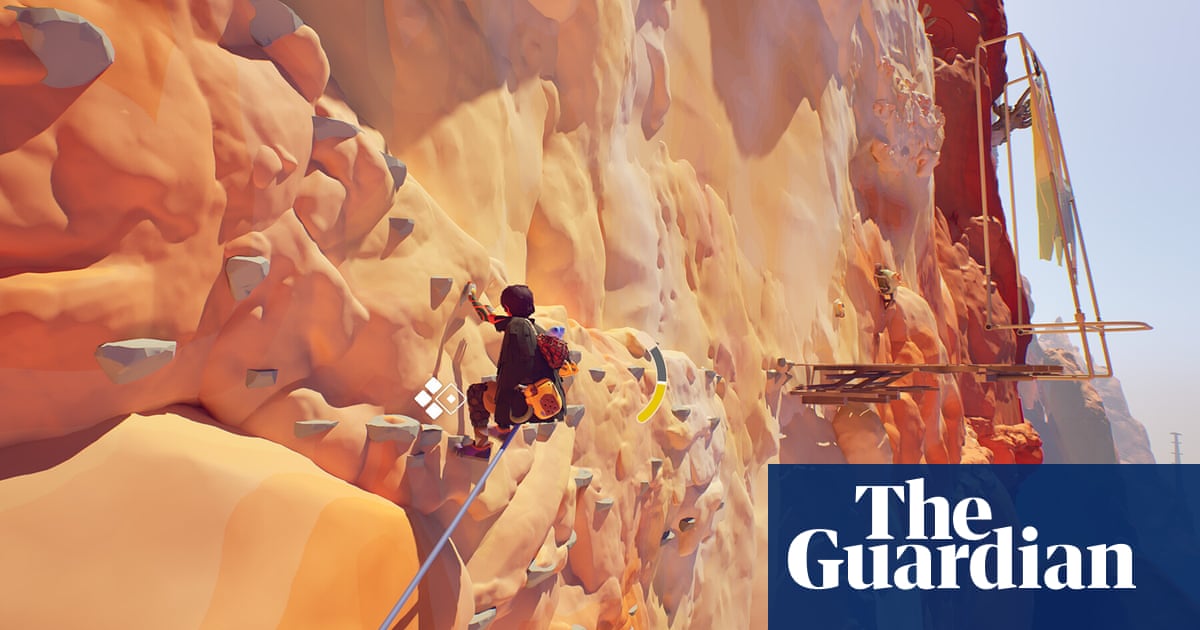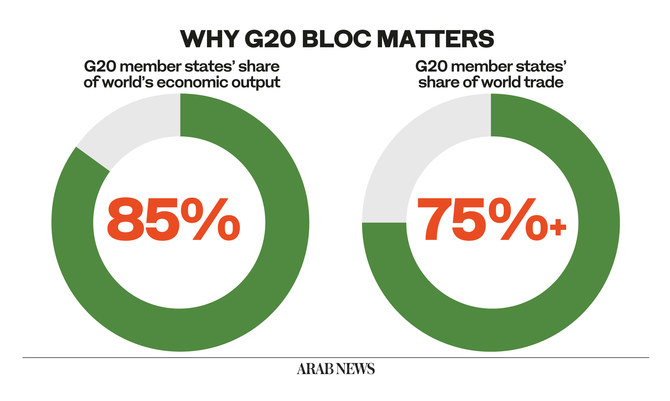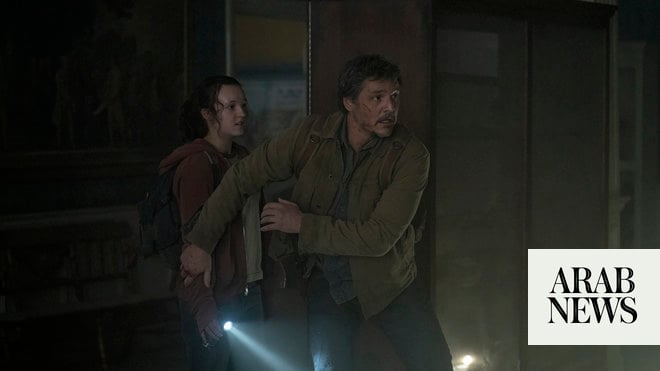
For those whose feel the call of the mountains, video games have proved abundant recently: Death Stranding, The Legend of Zelda: Breath of the Wild, and Sable all feature enticing summits, enveloped in clouds, with makeshift rock-paths towards them. Now there is Jusant, the latest title to turn vertiginous traversal into a puzzle, inspiring wanderlust from the comfort of the sofa.
It is the new game from Don’t Nod, the French studio behind the hit adventure series Life Is Strange. However, unlike that famously chatty franchise, there isn’t a single word of dialogue in Jusant. Rather, all its talking is done through dizzying, gravity-defying action. Co-creative director Mathieu Beaudelin wants to give players a taste of being an elite climber, he says, to become one with the massif. He describes the pursuit poetically: “A dance with the mountain.”
Beaudelin and his co-creative director Kevin Poupard are tight-lipped about Jusant’s story. In an early cinematic trailer, a towering structure is shown surrounded by arid land and desolate plains. Possibly this place has succumbed to the kind of desertification that our real-world climate crisis threatens. When you are taking a break from scaling the escarpment, you come across the detritus of human civilisation: battered furniture; busted machines; more curiously, sailing boats far removed from water of any kind. A tragedy slowly comes into focus.
Jusant’s windswept climbing isn’t like the automated parkour of the Assassin’s Creed franchise or the carefully plotted routes laid out for intrepid explorer Nathan Drake. The magic is in the control scheme. Each trigger corresponds to a hand, and as you hold them down and then release, the silent protagonist slowly pulls themselves about the rock face with a delightful sense of windswept friction. Death is an impossibility – you remain tethered to the ridge by the most convincing virtual rope seen since The Last Of Us Part II – but that doesn’t mean there is a lack of drama. At various points you leap from one handhold to another, suspended in midair for what feels like an eternity. “That feeling was instantly very good,” Poupard says. “We just tried to push it as much as we could.”
Jusant’s “meditative” take on mountaineering is inspired by a plethora of pop culture, say Poupard and Beaudelin: the documentary Free Solo; autobiographical climbing comic, Ailefroide, Altitude 3954; Death Stranding’s emphasis on the journey rather than the destination and the “powerful” work of famed designer, Fumito Ueda, chief among them Shadow of the Colossus, which sees you scaling mountain-sized creatures, gripping not rock but tufts of hair. What Beaudelin loves about that game is the “sense of fragility” it conveys; as in Jusant, the player’s avatar is often dwarfed by a wild and turbulent landscape.
Neither co-creative director is a climber themselves but they have become familiar with what makes such borderline reckless adventurers tick, feeding their findings back into the game. “They respect nature, they’re really committed to what they do, there is a visceral relationship between the man and the mountain,” Poupard says. But while Jusant draws on reality, it’s no straightforward simulation, homing in on the fact that mountains, of course, have long functioned as metaphors. Poupard describes a universal experience: the strife involved in overcoming a problem and the acute relief one feels immediately after. It’s a simple emotion that Jusant conveys deftly through its gameplay: “That message is very powerful to us,” he says.
Jusant is out in 2023 on PC, PlayStation 5, and Xbox Series S and X.












